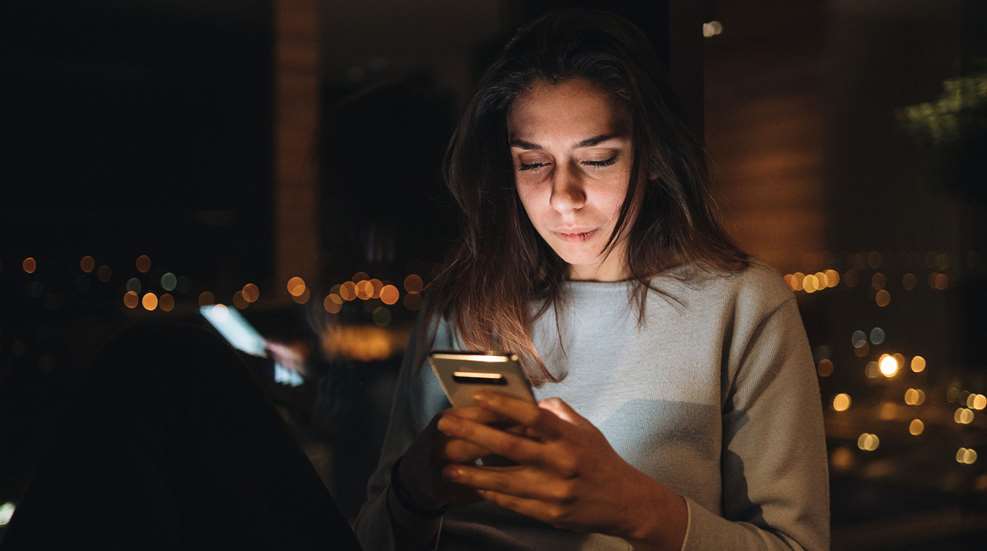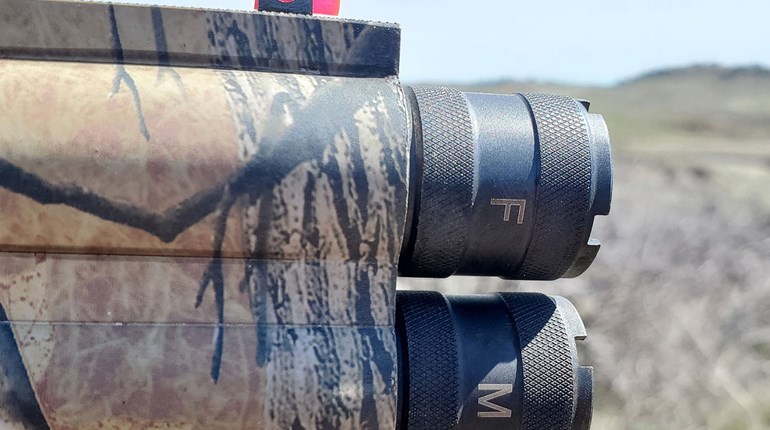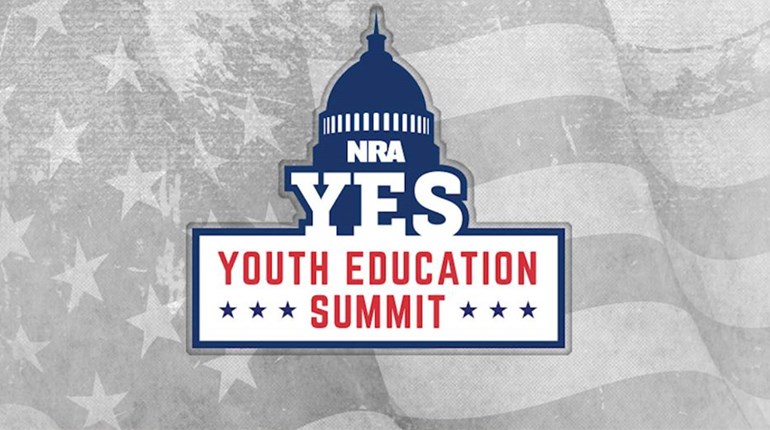
When everything goes the way you hoped it never would and you felt you had no choice but to use your firearm in self-defense, the trigger pull that stopped the immediate threat opens up a whole new set of considerations and potential problems. What do you do now?
First, the disclaimer: I am not an attorney and nothing here should be considered legal advice. What you will read in this article is based largely on the work of use-of-force attorney Andrew Branca, summarized from his podcasts, several YouTube videos he appears in and his excellent book, The Law of Self Defense. I recommend all gun owners read it.
Many of Branca’s recommendations on what to do after a self-defense shooting can be summed up in a simple principle: “Don’t act guilty.” If you should face charges later and need to mount a legal defense, how you acted in the aftermath of a shooting will make a considerable difference to a jury. If your defensive gun use (DGU) was truly justified as self-defense, although you might be nervous and afraid, don’t act as if you’ve done something criminal. This applies in lots of ways:
Don’t leave unless staying is unsafe. Leaving the scene of a DGU can make you appear guilty. Of course, if the scene is not safe, you should absolutely leave and get to a secure location before you take the next step. If you must flee for your safety, call the authorities as soon as you possibly can so you don’t give off the impression that you’re hiding. By now, your firearm should be in a safe condition, ideally set down somewhere no one will touch it until the police arrive and you point them to it. Holster it if there’s nowhere separate and secure to put it, and definitely do not continue to hold it in your hand once the active threat has passed.
Call the authorities before anyone else does, if possible. Make the call as soon as it’s safe for you to do so. Remember, if this was a justified self-defense gun use, you are the victim here, and it’s normal for a victim of a crime to contact the police. Even if you only drew your gun and didn’t have to fire it, call and report the incident—don’t go home as if nothing had happened. A bystander or even the would-be criminal might report the incident instead, and you don’t want their story to become the basis police are working off of.
When you call 9-1-1, don’t tell them a whole long narrative about what happened. You likely won’t be thinking very clearly, but as much as you’re able, simply say you were attacked and fired a gun in self-defense, and give them the information they need about the location and what the current situation is (if someone is wounded or appears dead).
Consider calling a trusted friend or loved one. While the police are on the way, if you have time, call your spouse, your mom, your brother or someone else who will take your call and can immediately get to work on contacting a lawyer on your behalf. If you only have time for one phone call, don’t call a lawyer (you probably don’t even have a criminal lawyer in mind, do you?) because he’s not likely to answer the phone at midnight, and you don’t know when you’ll have time to make more calls. You don’t know what the police will do with you once they arrive, so get someone you trust working on the lawyer situation on your behalf while you deal with the authorities at the scene. Don’t give your loved one details, either: Just say “I’m OK and safe, but I’ve been involved in a self-defense shooting and I need you to get me an attorney as soon as possible. I’ll contact you again as soon as I’m able, and it might be from the police station.”
Do not tamper with evidence. Don’t wash your clothes or clean the gun. Certainly don’t try to “set the scene,” move the body if there is one, put the bad guy’s handprints on your knife or any other such nonsense. Leave the scene as it is, but make a note of where things are. Did the bad guy’s knife get kicked under a car? Did he fire two shots and you can point out where the shell casings fell?
Note who the witnesses actually are—not the crowd that has gathered after the fact, but who was actually there and saw the incident happen. Don’t ask them what they saw and then try to make sure everyone is “on the same page,” or you could be accused of trying to get people to change their story.
What to Say to Police
First of all, so-called self-defense experts who insist “don’t say a word to the police” are flat-out wrong. If you’ve called 9-1-1, as you should have, you’ve already been essentially speaking to the police. That said, you should certainly limit what you say.
Branca recommends limiting your statements to the responding officers to what’s “prudent and necessary.” When the police arrive, you definitely don’t want to give a detailed statement, but you should help them figure out the scene by admitting you fired the shot in self-defense, explaining that you were attacked (without detail), telling them where the gun is now and what condition it’s in, pointing out other evidence and witnesses, and sharing any other vital information they need to make sure the scene is safe and secure, such as which direction the bad guy fled if applicable, in what vehicle, and whether or not he was wounded, along with a description.
Tell them you had to defend yourself, and then utter the following: “Officer, I’d like to seek the advice of my lawyer before making any statements.” Then stop talking.
You don’t want to be hostile (“I WANT A LAWYER NOW!”) or annoy the cops, but you should stop offering information of any sort beyond the basics listed above. Be exceedingly honest, patient and polite in your words, tone and body language. Do not lie to the police, and be prepared for this process to be long, drawn-out, potentially repetitive and frustrating. Losing your patience will not help.
There’s a pervasive bit of advice in the self-defense community that when the police show up, you simply repeat the phrase “I was in fear for my life” and that will establish that you acted in self-defense. This is a perfectly fine thing to say, but instructors and well-meaning armchair experts who swear that those are the only seven words you should utter are taking things too far. Self-defense expert Massad Ayoob has discovered in his experience that people who refuse to answer any questions are assumed to be the perpetrator or at least perceived as less than honest. “First impressions mean things,” he says. Criminals stonewall. Victims talk. You’ll talk, but only as much as is necessary for now.
So when the police show up to the scene, give them the prudent and necessary information: You pulled the trigger; you did so in self-defense because you were attacked; evidence and witnesses are here, here and here; the bad guy’s buddies went that way; and you’d like an attorney.
What Not to Say to the Police
What about the better-but-still-not-perfect “I’d be happy to fully cooperate with this investigation once I’ve spoken to my lawyer?” Some attorneys and experts (including Ayoob) are in favor of you making that specific statement, but Branca says he is “wishy washy” on this phrasing, because as he points out, what if your lawyer later advises you not to cooperate? Just be polite, don’t lose your temper or your patience, and don’t give any further details until you’ve got an attorney.
Don’t use the word “accident” when speaking to 9-1-1 or responding officers, because as far as a legal defense goes, accidents and self-defense are very different. If you initially claim it was an accident, which implies you didn’t mean to do it, you will have trouble later claiming that yes, you did pull the trigger intentionally, but you were legally justified under the principles of self-defense.
Do not give a detailed statement at the scene. For one thing, your lawyer probably is not present, and you shouldn’t give a statement until you have sought legal counsel. Secondly, your brain will be overwhelmed with the chaos, the adrenaline and the sheer magnitude of the situation you’ve found yourself in. You are in no state of mind to think clearly, remember details effectively and accurately, and choose your words deliberately. You could very easily blurt out a single sentence here that will make your self-defense legal case much more difficult, even if you were being truthful and merely didn’t express yourself well in the heat of the moment.
You might be arrested at the scene or told not to go anywhere because police will be in touch the next day. Branca tells readers they should expect to be arrested, which is fine; you and your lawyer will sort it out later. Whether you are arrested or not, you will end up giving a statement to the police in the days following the event, but do not do so until you’ve spoken to a lawyer, and he or she will probably advise you not to do so without them present.
The Bottom Line
If you are ever forced to fire your gun in self-defense, there are three basic things to remember in the immediate aftermath:
- Make sure you are safe, then call the police as soon as you are able.
- Don’t act like you’re guilty or do things that make you look guilty.
- Give police the prudent and necessary information, including the fact that you were attacked and acted in self-defense (without detail), and then do not make any statements or answer further questions until you’ve spoken to an attorney.
And again, attorney Andrew Branca’s excellent book The Law of Self Defense is a very good read for any firearms owner.















































